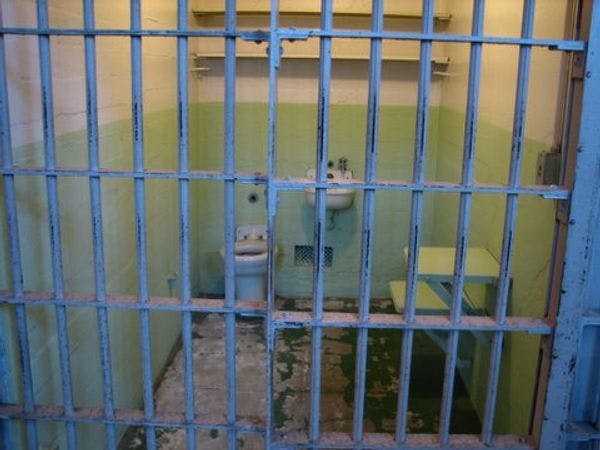Criminal record reform in Costa Rica: A step toward proportionality and improved prospects for women’s lives after prison
Ana Chaves was one of the hundreds of women who benefited from the “77 bis” reform, which reduced prison sentences to between 3 and 8 years for the crime of bringing drugs into penitentiaries in Costa Rica, allowing her to be released early from prison in 2013. Yet, despite the fact that she took advantage of each day of her incarceration to study and gain more skills, her criminal record kept her from acquiring a formal job. Thanks to another recent legislative reform that went into effect in January 2017, Ana was one of the first women to have her criminal record wiped clean rather than waiting for 10 years after her release from prison as stipulated by previous legislation.
Law 9361 recently reformed the court registry in Costa Rica[1], allowing people with criminal convictions to eliminate their criminal records from the registry more quickly, based on criteria that takes into account sentencing length and the offense committed. If it can be shown during the criminal justice process that the person convicted was in a situation of vulnerability at the time they committed the offense, the judge presiding over the sentence can order that the criminal record be removed once the sentence has been served. This is another way in which the Costa Rican State has introduced the principles of proportionality and rationality into criminal justice policy, including for drug-related offenses, which undoubtedly constitutes an important precedent for preventing social and labor discrimination against people with criminal convictions.
The Penitentiary Situation in Costa Rica
Although it has just under 5 million inhabitants, Costa Rica has one of the highest incarceration rates in Latin America and faces many challenges both in terms of prison infrastructure and legislation. More than 40 years since the Criminal Code was promulgated, the country still does not have laws regarding sentence execution or for regulating the penitentiary system. The fact that people’s criminal records remained for 10 years after they finished serving their sentences, without distinguishing between short and long prison terms, was another element of the criminal justice system that directly harmed the re-entry of incarcerated individuals, even though they had already done their time.
According to information from the Ministry of Justice and Peace, as of June 2016 there were 13,230 people deprived of their liberty, 96% of whom were men and 4% women (notably, 53.8% of the women were incarcerated for drug-related offenses). There was an overcrowding rate of 40.6%, principally affecting the male prison population, as the number of women incarcerated for drug-related offenses fell due to the approval of Law 9161, which reformed the Psychotropic Substances Law.[2] This reform, known as “77 bis” and implemented in 2013, reduced prison terms for women who smuggle drugs into prisons to a minimum of three to eight years, if they meet certain conditions.[3] This change also permits the use of alternatives to incarceration, as the law permits such alternatives for three-year sentences. The immediate result of this reform was the initial release of approximately 120 women. This also addressed the problem of overcrowding in the women’s prison, which was known as the Buen Pastor at that time and was renamed the Vilma Curling Rivera Center for Institutional Attention (Centro de Atención Institucional, CAI)[4] in early 2017.
Click here to read the full publication.
Keep up-to-date with drug policy developments by subscribing to the IDPC Monthly Alert.
Thumbnail:CC flickr jail kango traveler
